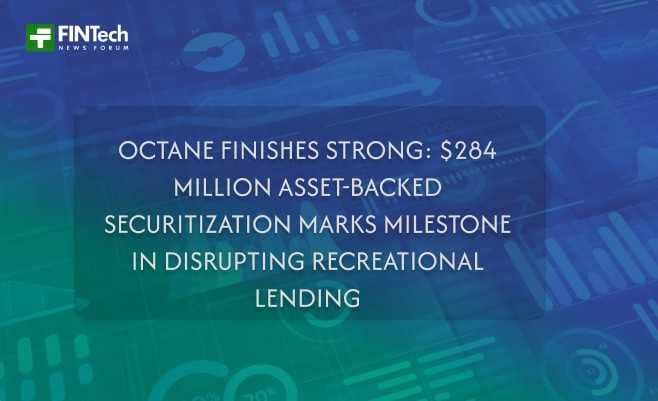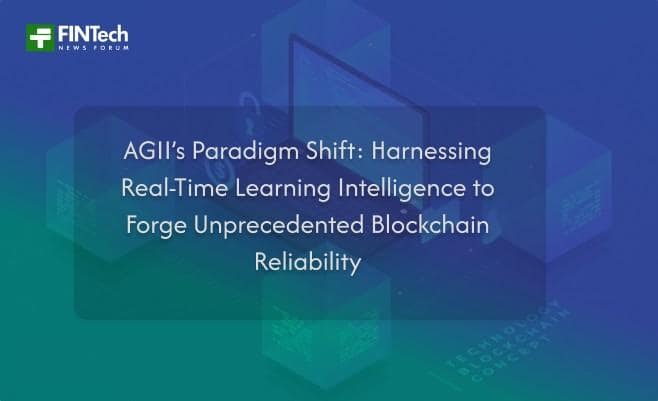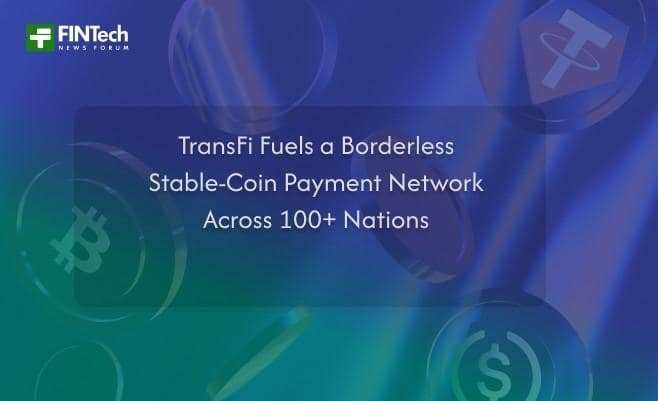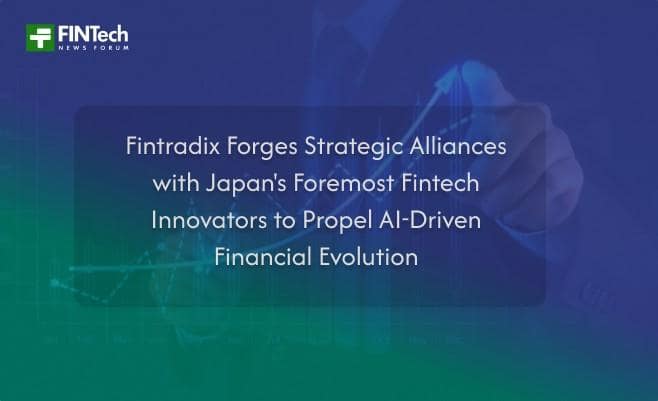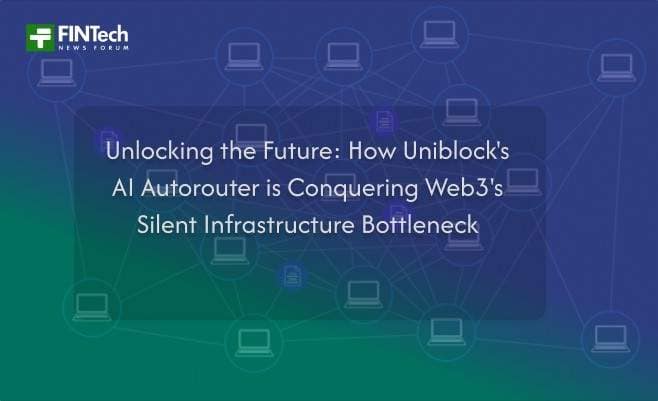
The decentralized revolution, often hailed for its transparency and user empowerment, is quietly grappling with a monumental challenge: its underlying infrastructure. While the spotlight shines on innovative dApps and groundbreaking tokenomics, a critical, often invisible, layer is struggling to keep pace. This is the realm of data routing, indexing, and accessibility – the very arteries that pump lifeblood into the blockchain ecosystem. Without efficient and scalable solutions here, the promise of Web3 risks becoming a stuttering, fragmented reality. Enter Uniblock, and its revolutionary AI Autorouter, a powerful new tool poised to dismantle this hidden infrastructure crisis and pave the way for a truly robust and accessible decentralized future.
For too long, interacting with blockchain data has been a cumbersome, resource-intensive affair. Developers have relied on a patchwork of solutions, each with its own limitations. Traditional node providers, while offering direct access, often suffer from scalability issues, leading to slow query times and overburdened networks. Building and maintaining your own indexing infrastructure is a complex and expensive undertaking, requiring specialized expertise and constant upkeep. Even existing RPC (Remote Procedure Call) endpoints, while more accessible, can become bottlenecks during periods of high network activity, leading to frustration and a diminished user experience for dApp users. This inherent friction has acted as a significant barrier to entry for new developers and a drag on the growth and adoption of existing decentralized applications. Imagine trying to build a thriving metropolis on a foundation of aging, unreliable plumbing – that’s the silent infrastructure crisis plaguing Web3.
The problem is multi-faceted. Firstly, the sheer volume of data generated by blockchains is exploding. As more users and applications join the ecosystem, the demand for efficient data retrieval and processing grows exponentially. Secondly, the heterogeneous nature of Web3, with its diverse blockchains, protocols, and smart contract languages, creates a complex data landscape. Aggregating and normalizing this data in a consistent and accessible manner is a significant technical hurdle. Thirdly, the security and immutability of blockchain data, while fundamental strengths, also present challenges. Accessing and querying this data without compromising its integrity requires sophisticated mechanisms.
This is where Uniblock’s AI Autorouter emerges as a game-changer. At its core, the Autorouter is not just another API endpoint; it’s an intelligent system designed to dynamically optimize the flow of blockchain data. Leveraging advanced Artificial Intelligence and Machine Learning algorithms, it goes beyond simple request forwarding. Instead, it analyzes real-time network conditions, query patterns, and data availability to intelligently route requests to the most efficient and available data sources. This means an end to the guesswork and manual configuration developers have had to endure.
Let’s delve deeper into how the AI Autorouter operates and why its impact is so profound. The “AI” in Autorouter signifies a paradigm shift. Instead of relying on static rules or pre-configured settings, the system constantly learns and adapts. It monitors the health and performance of various node providers, indexing services, and other data sources in real-time. When a query is submitted, the AI evaluates a multitude of factors: the current load on different nodes, the historical performance of a particular data source for similar queries, the proximity of the data source to the user, and even the specific complexity of the requested data. Based on this sophisticated analysis, it seamlessly directs the query to the optimal source, ensuring the fastest possible response times and the highest degree of reliability.
Think of it like a highly intelligent air traffic controller for blockchain data. Instead of each airplane (data request) having to find its own runway, the air traffic controller (Autorouter) analyzes the entire airport (blockchain infrastructure) and guides each flight to the clearest, most efficient path to landing (data retrieval). This dynamic optimization is crucial for handling the unpredictable nature of Web3 traffic. During peak hours, when traditional solutions would buckle under pressure, the Autorouter can intelligently distribute the load across multiple sources, preventing congestion and ensuring a smooth experience for users.
The benefits of this intelligent routing are far-reaching. For dApp developers, it translates into significantly improved performance and a more reliable user experience. Slow loading times, dropped transactions due to timeouts, and frustrating data retrieval errors become a thing of the past. This not only enhances user satisfaction but also allows developers to build more complex and feature-rich applications without being hampered by infrastructure limitations. Imagine a decentralized exchange that can process trades with the speed and reliability of a centralized counterpart, or a DeFi lending platform that provides instant, up-to-date information on market conditions. The Autorouter makes these ambitions achievable.
Furthermore, the Uniblock AI Autorouter democratizes access to high-quality blockchain data. Developers no longer need to invest heavily in setting up and maintaining their own complex indexing infrastructure. They can simply plug into Uniblock’s intelligent network and benefit from optimized data access, regardless of their technical expertise or budget. This lowers the barrier to entry for aspiring Web3 builders, fostering innovation and accelerating the growth of the entire ecosystem. It’s about leveling the playing field and empowering a wider range of creators to contribute to the decentralized future.
Beyond performance and accessibility, the AI Autorouter also addresses the critical issue of data redundancy and resilience. By intelligently distributing requests across multiple diverse data sources, the Autorouter reduces the risk of a single point of failure. If one node or indexing service experiences downtime, the Autorouter seamlessly reroutes traffic to other available sources, ensuring uninterrupted data access. This inherent resilience is vital for the stability and trustworthiness of Web3 applications, where data integrity and availability are paramount.
The implications of Uniblock’s AI Autorouter extend beyond individual dApps. By providing a scalable and efficient data layer, it acts as a foundational pillar for the entire Web3 ecosystem. As more applications leverage this intelligent routing solution, the overall health and performance of blockchain networks will improve. This creates a virtuous cycle: better infrastructure leads to more adoption, which in turn drives further innovation in infrastructure, creating a continuously improving and expanding decentralized landscape.
Uniblock’s AI Autorouter is not merely a technical advancement; it’s a strategic imperative for the maturation of Web3. It tackles the “hidden infrastructure crisis” head-on, transforming a fragmented and inefficient data layer into a robust, dynamic, and intelligent network. By abstracting away the complexities of data routing and ensuring optimal performance, Uniblock is empowering developers to focus on what they do best: building the innovative applications that will define the future of the internet. The silent crisis is being silenced, replaced by the hum of efficient, intelligent, and accessible blockchain data – the true engine of the decentralized revolution. The era of Web3 is not just about groundbreaking ideas; it’s about the underlying infrastructure that makes those ideas a reality, and Uniblock’s AI Autorouter is leading the charge in building that essential foundation.


